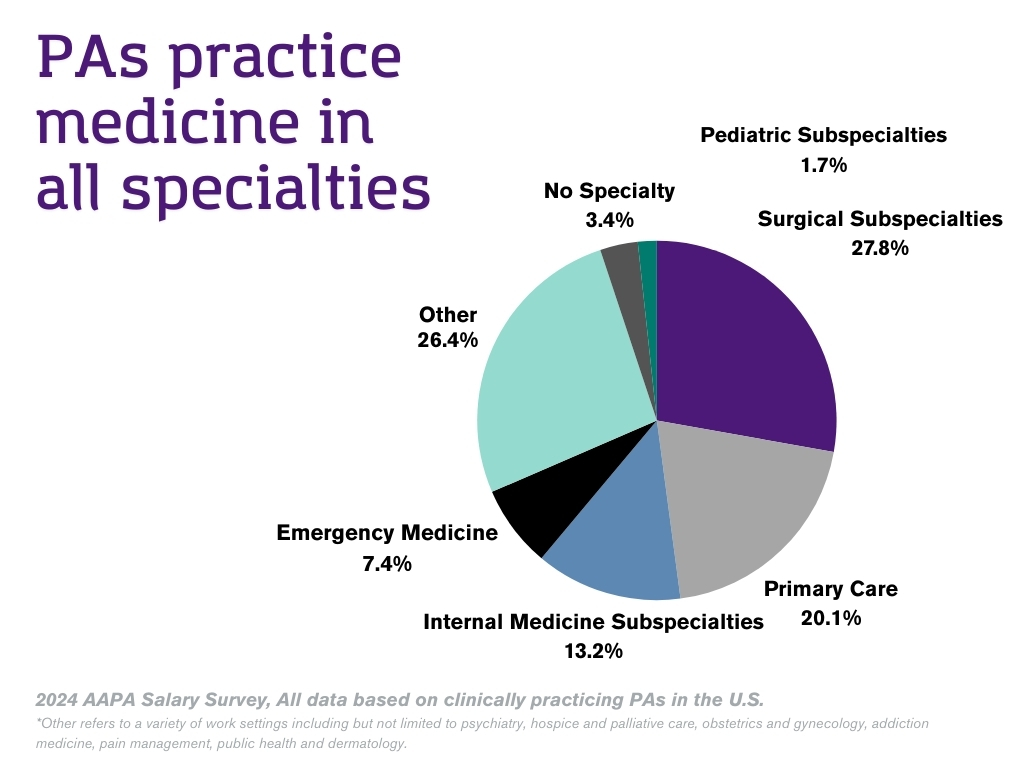Physician Associate (PA) Studies



Our new Physician Associate (PA) Studies program is designed to equip future health care leaders with the skills and knowledge needed to excel in patient care.
This comprehensive program focuses on advanced clinical training, evidence-based practices and interprofessional collaboration.
You will gain hands-on experience through clinical rotations, state-of-the-art simulation labs and a curriculum that emphasizes primary care, patient-centered care and medical ethics.
At TCU, you will become a highly skilled and compassionate Physician Associate, ready to make a significant impact in the health care field.



Gary Pérez, DMSc, PA-C
Meet the Founding Director of the Physician Associate (PA) Studies program at TCU.
Certification & Licensing
- Graduate from an accredited PA program
- Pass a certification exam
- 100 hours of continuing medical education (CME after every two years)
- A recertification exam every 10 years
Information Sessions
Check back soon for details.
Accreditation
The Physician Associate Studies program at Texas Christian University has applied for Accreditation-Provisional from the Accreditation Review Commission on Education for the Physician Assistant (ARC-PA). The Physician Associate Studies program anticipates matriculating its first class in January 2027, pending achieving Accreditation-Provisional status at the September 2026 ARC-PA meeting.
Accreditation-Provisional is an accreditation status granted when the plans and resource allocation, if fully implemented as planned, of a proposed program that has not yet enrolled students appears to demonstrate the program's ability to meet the ARC-PA Standards or when a program holding Accreditation-Provisional status appears to demonstrate continued progress in complying with the Standards as it prepares for the graduation of the first class (cohort) of students.
Updates will be made to this site as they are confirmed. To learn more about TCU's Physician Associate (PA) Studies program, submit the interest form at the top of this page or email g.c.perez@tcu.edu.